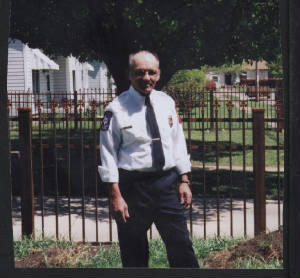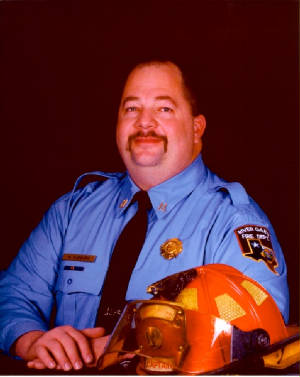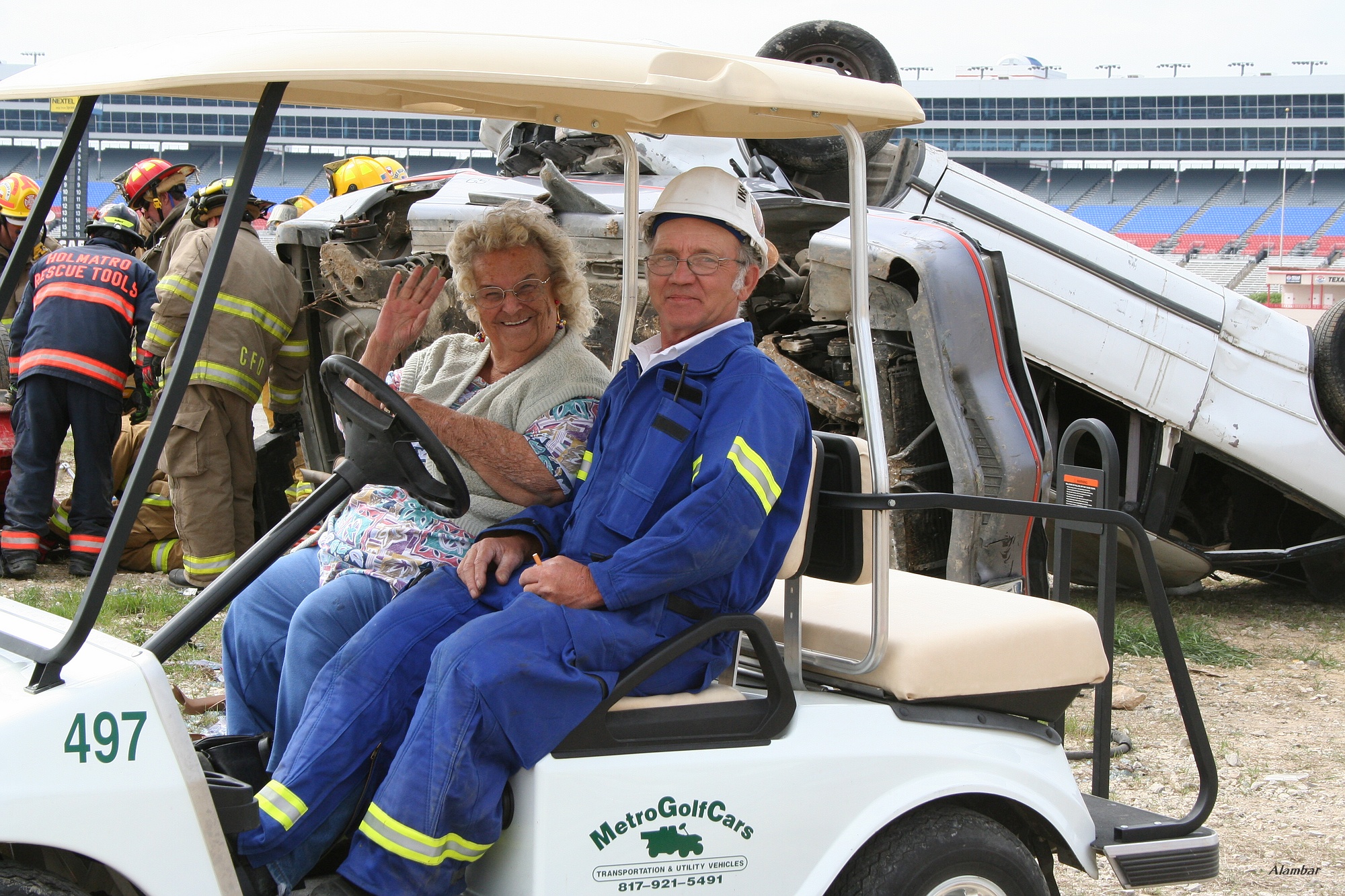|
Midsouth Rescue Technologies
is a non-profit
Fire/Rescue Training Organization
founded by Lee Junkins in Nov. 2004
We are a member of:
The Texas State Fireman's and Fire Marshals' Assn.
and
The Tarrant County Firefighter's Assn.
We are dedicated to teaching the latest, most up to date,
fire/rescue training.
On both Basic and Advanced levels.
Mission Statement
The mission of Midsouth Rescue Technologies is to develop and provide the highest quality fire, rescue, and
public education training possible.
To work in cooperation with all first responders and public
education organizations, in an effort to save lives, and prevent injuries.

Our Chief

Lee Junkins
Lee joined the fire service in Feb.
1964 at the age of 18, he is currently a certified NREMT, and certified tech. in Rope Rescue, Trench Rescue, Confined Space
Rescue, Auto Extrication and a registered Public Education Clown. He holds Advanced Firefighter Certification, Level II Instructor,
and Certification Coordinator, certificates with the Texas State Fireman's and Fire Marshals' Assn. He is a member of the
National Fire Academy Alumni, with courses such as Challenges for Training Officers, and Public Education Leadership.
He is a featured writer for Fire Link.com and
the author of a series of magazine articles called; Is It Time To Change Our Training Yet? He is currently writing
a new training manual called; The Rescuer's Response to New Automotive Technology, to be published in early 2009.
Lee is the author of many self study courses
such as:
Vehicle Fires and the Dangers
of New Automotive Technologies
-
Phase I Car Fires
-
Phase II Pick-up and SUV Fires
-
Phase III Hybrid and Alt. Fuel Car Fires
-
Phase IV Big Truck Fires
-
Phase V Motor Home and Bus Fires
Air Bags and New Technology
Understanding Your Air Bag System (public education)
Do Seat Belts Save Lives? (public education)
Our Board of Directors

Ray Hubbard
Ray currently holds an Accredited Advanced Firefighter and Level
II instructor's certification with the Texas State Fireman's and Fire Marshals' Assn.
He is the planning coordinator and logistics officer of ExtricationFest!
He is a third generation firefighter and has served 18 years in the fire service.


James Thomas
James holds a Master Firefighter and Level II instructor's certification
with the Texas State Fireman's and Fire Marshals' Assn.
He has served many years as an Instructor at the Texas A&M
Fire School.
He also served many years as Asst. Chief of Sansom Park FD.

Mike Wasse
Mike holds a Master Firefighter and Level II instructor's certification
with the Texas State Fireman's and Fire Marshals' Assn.
He served 21 years as Chief of the Sansom Park FD.
Mike also served 8 years as the Mayor of Sansom Park, Tx.

In Memory Of

Madeline Meadows
Secretary Treasurer
We regret the loss of Madeline
She was one of the founders and the
backbone of this organization
and "Granny" to hundreds of firefighters.
Madeline passed away Aug. 29, 2007

What We Are About
Lee;
As a volunteer fire fighter, I spent
many years in the fire service with
very little training. Once I received
training, it has been my goal to
provide the best training available
to anyone looking for it.
In Nov. 2002 as an extrication
instructor; I became very interested in the
new SRS systems and started
a very extensive study of these systems.
I spent a year putting a class together, (Air
Bags and New Technology).
In my studies one thing stood out, if our people do exactly as we teach
them injury or death is emanate.
A good example of this is;
For years; we taught rescuers that if an airbag was deployed there
was no more danger, it could not deploy a second time. (No worry about the inflation zone).
This is no longer true, today we face dual stage
airbags that can not only deploy a second time, but it is impossible to differentiate between them and the earlier
type.
This is where our logo came from,
(Is it time to change our training yet?)
In Oct. 2003, I was putting a two hour class together on the dangers of vehicle fires.
In my air bag class, I had some pictures of airbag inflators exploding, whole airbag housings going through the roof of
the car, a hood strut stick in a firefighter’s leg and an airbag going through the roof of the car and ending up in shrapnel 100 ft behind it. In looking at these
pictures; I
realized we are in more danger of airbag systems in fire than we are in extrication. (There is no way
to shut them down)
I started studying this and again the same
thing; If our people do exactly what we teach them, they are sure
to be injured. Example:
Today (nation wide), we are still teaching an approach to a burning
car that was developed in the early 1970s, to protect us from exploding bumper struts and ironically 95% of the vehicles on
the road today do not use bumper struts.
But, let’s look at what we are teaching:
With a straight stream, we wash out under
the vehicle from a long distance to extinguish any spillage; we then begin our approach diagonally to one corner of the vehicle
to avoid the bumper struts, we cool the tire and knock the fire down. Once we have knocked the fire down; we reach through
the window or usually open the door and in a circular motion, put the fire out.
With the door open on either side, let’s look at where we are standing.
Depending on the make and model, directly in front of our face is a dual stage frontal airbag, over our head
is a curtain airbag, to one side of us could be a curtain airbag inflator mounted in the A post, in the middle of our legs
may be a knee airbag, behind us could be a door airbag, or to our side could be a seat airbag, beside our knee is a
pyrotechnic seat belt tensioner and this could be just the beginning, We have inflators along the roof
rails on both sides. We have inflators in the C and D posts. Some have rear seat or door airbags and some even have carpet
airbags. Taking all of this into account; the worst danger of all, is that we are trained to be standing here.
But we did avoid the
bumper struts, that the vehicle probably does not have.
Again! Is it time to change our training yet?

|

